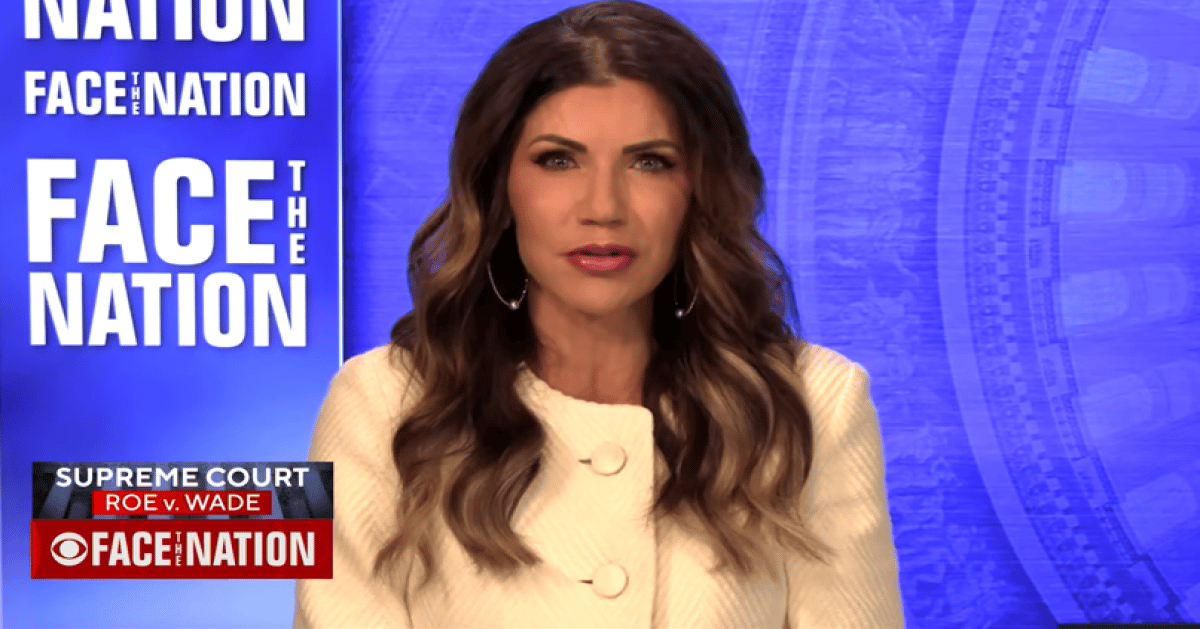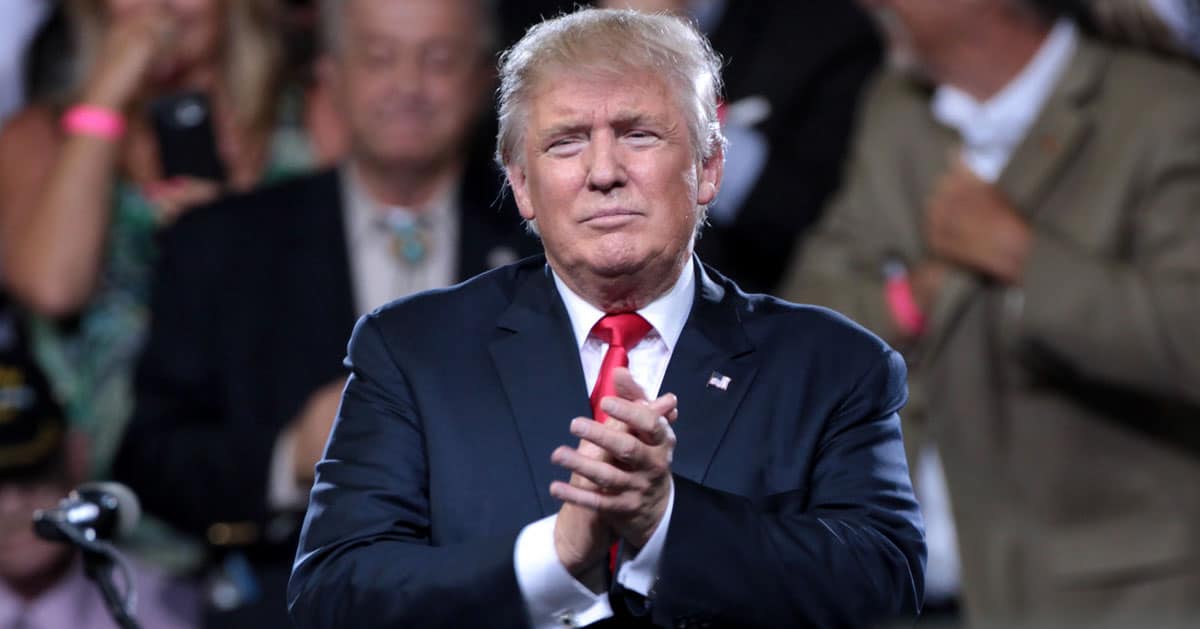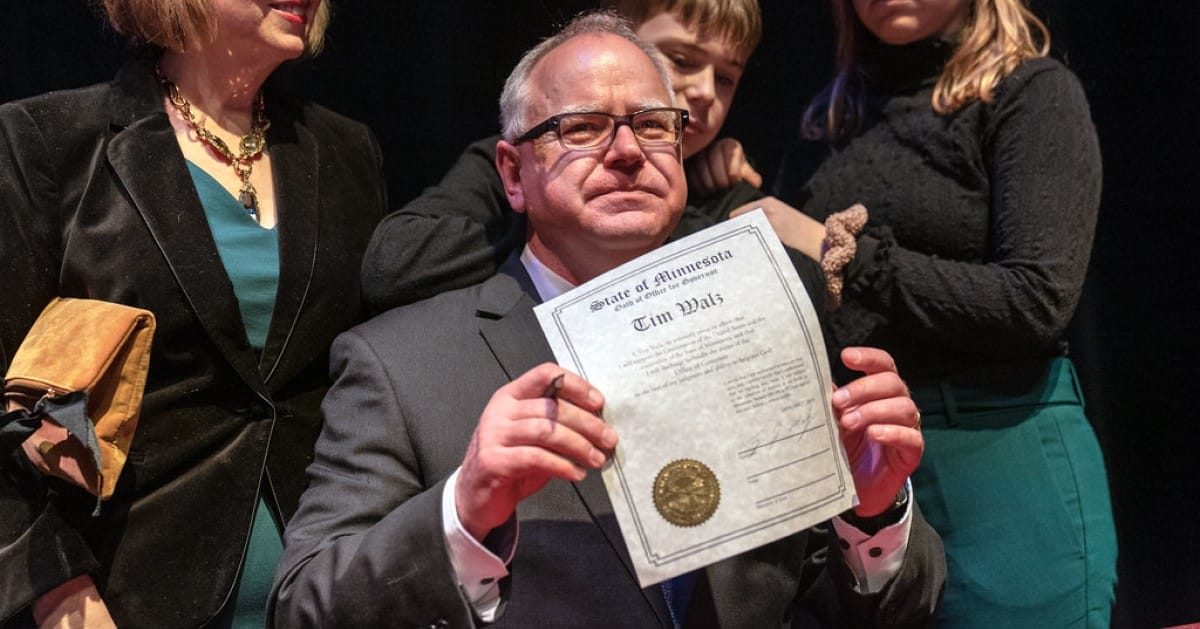





Washington, D.C.’s radical experiment with noncitizen voting just hit a congressional roadblock. The House of Representatives, led by Rep. August Pfluger, R-Texas, passed a bill Tuesday to ban non-U.S. citizens from casting ballots in D.C. elections. This move slaps down a 2022 D.C. city council measure that invited foreigners to meddle in local governance.
The bill, which sailed through with a 266-148 vote, saw 56 Democrats break ranks to join Republicans, while one Democrat voted “present.” D.C.’s 2022 Local Resident Voting Rights Amendment Act, passed by its progressive city council, allowed noncitizens residing in the district for just 30 days to vote in local elections. It even permitted them to hold local elected offices, a policy Republicans decried as a national security risk, reported Fox News.
Rep. Maxwell Frost, D-Fla., led the progressive charge against the bill, crying foul over what he called an attack on D.C.’s home rule. His argument that Congress lacks the constitutional duty to meddle in D.C.’s affairs falls flat when you consider the district’s unique status under federal oversight. Frost’s claim of Republican point-scoring ignores the glaring issue: foreign agents potentially swaying local elections.
Pfluger didn’t mince words, warning that hostile actors—like Russian or Chinese embassy personnel—could exploit D.C.’s lax voting rules. “It’s just wrong. It goes against the fabric of our society,” he told Fox News Digital. His point resonates: why risk foreign influence in a city that’s the heartbeat of American governance?
House Minority Leader Hakeem Jeffries sided with Frost, voting against the bill. But 56 Democrats saw the light, perhaps realizing it’s a tough sell to defend foreign voting back home. As Pfluger quipped, “It’s hard to go back to your district as a Democrat and say, yeah, I want foreign agents to be able to vote in our elections.”
The 2022 D.C. measure was a progressive darling, championed as a bold step toward inclusivity. Yet, it opened a Pandora’s box, inviting noncitizens to shape policies in a city that hosts the federal government. Turns out, actions have consequences, and Congress stepped in to close the loophole.
The bill’s passage wasn’t a GOP solo act; it echoed a similar effort in the last Congress when 52 Democrats backed a nearly identical measure. That bill stalled in the Democrat-controlled Senate, but Tuesday’s vote shows growing unease across party lines. Even some liberals seem wary of D.C.’s flirtation with noncitizen voting.
Frost accused Republicans of “demonizing immigrants” to score political points. His rhetoric dodges the core issue: this isn’t about immigration but about safeguarding electoral integrity in a city under Congress’s thumb. Whining about home rule doesn’t erase the risks of foreign influence.
Pfluger emphasized Congress’s jurisdiction over D.C., a point progressives hate to hear. “We don’t like to utilize our authority, but in this case, they’ve gone too far,” he said. It’s a polite but firm reminder that D.C. isn’t a state and answers to federal oversight.
Frost’s floor speech framed the bill as an assault on D.C.’s democratic rights. “They only bring it up to the floor when they think they can score political points, taking away the democratic rights of people here in D.C.,” he said. Nice try, but conflating noncitizen voting with democratic rights stretches credibility thin.
Republican national security hawks have long sounded alarms about hostile foreign agents exploiting D.C.’s elections. The 2022 measure’s 30-day residency requirement was practically an open invitation. Congress’s response shows it’s not willing to gamble with the capital’s security.
The vote’s bipartisan support suggests a rare moment of clarity in a polarized House. While progressives like Frost cling to their ideals, 56 Democrats recognized the folly of letting noncitizens steer D.C.’s future. It’s a small victory for common sense in a city often drunk on progressive pipe dreams.
Tuesday’s session wasn’t just about voting rights; the House also passed a bill by Rep. Andrew Garbarino, R-N.Y., to reform D.C.’s police policies. The measure allows D.C. police to negotiate punishments through collective bargaining and sets a statute of limitations to shield the Metropolitan Police Department from certain liabilities. It’s another sign Congress is keeping a close eye on the district’s governance.
The noncitizen voting ban now heads to the Senate, where its fate is uncertain. Given the bipartisan House vote, it’s clear many lawmakers see the danger in D.C.’s reckless experiment. Progressives may wail about home rule, but protecting the nation’s capital from foreign influence isn’t negotiable.
This saga proves one thing: D.C.’s progressive council overplayed its hand, and Congress called its bluff. The bill’s passage sends a message: local autonomy stops where national security begins. In a city that’s the seat of American power, that’s a line worth drawing.



